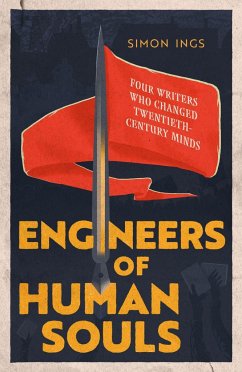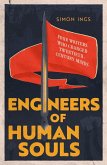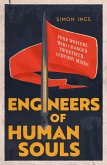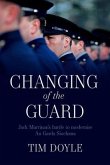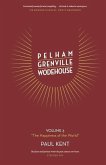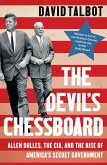Four writers. Four dictators. One world, changed out of all recognition. ENGINEERS OF HUMAN SOULS is an intimate and shocking shadow history of creative vanity in a time that turned writers - once the faithful servants of authority - into figures of political consequence. Maurice Barrès, who first wielded the politics of identity. Gabriele D'Annunzio, whose poetry became a blueprint for fascism. Maxim Gorky, dramatist of the working class and Stalin's cheerleader. The Maoist Ding Ling, whose stories exculpated the regime that kept her imprisoned. All four nursed extravagant visions of the future, and believed they were vital to its realisation. Each was lured to the centre of political action. Each established a dangerous and damaging relationship with a notorious dictator. And when writers and rulers find a use for each other, the consequences can be shattering for us all. These stories - of courage and compromise, vanity and malevolence - speak urgently to the uncontrollable power of words.
Hinweis: Dieser Artikel kann nur an eine deutsche Lieferadresse ausgeliefert werden.
Hinweis: Dieser Artikel kann nur an eine deutsche Lieferadresse ausgeliefert werden.

